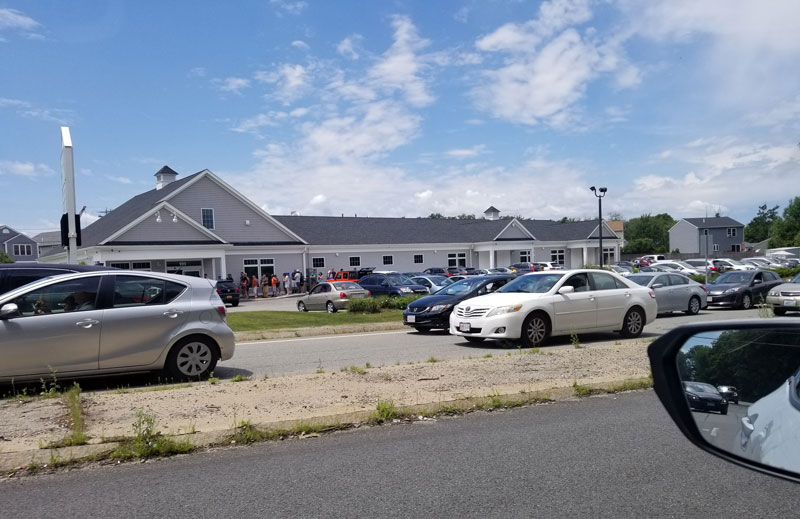Obviously, the more subjective the thing an index attempts to measure, the more subject it will be to interpretation, and WalletHub has made a cottage industry of cranking out subjective rankings. That said, the Web site’s “Best States to Live in” ranking from June has some interesting considerations for the Ocean State.
Notably, the Ocean State is supposedly the 29th best state in which to live… which seems OK, considering Rhode Islanders’ expectation to come in at the very bottom of all rankings. OK begins to look not so good, though, when one zooms out on the map. WalletHub claims Massachusetts is #1 and New Hampshire #3. Vermont and Maine are both in the teens, and Connecticut comes in at #20.
Looking at the subcategories, RI’s worst result was in “affordability,” which shouldn’t surprise anybody. The Ocean State was the fourth least affordable state, after New York, California, and New Jersey. But here’s the thing: No New England states are very affordable. Massachusetts, for example, is 43rd and New Hampshire is 42nd.
So what makes the difference? Massachusetts is in the top 5 for everything else: economy, education & health, quality of life, and safety. New Hampshire only misses the top 5 in quality of life. Meanwhile, Rhode Island only breaks the top 20 on the safety subcategory (at #5). The conclusion is that Rhode Island might not be able to avoid being expensive, but that only means it can’t afford to be unattractive by other measures.
Here’s where the subjectivity of the index becomes important. Quality of life includes things that Rhode Island can’t help, like the weather, and things that depend on one’s values and interests. The importance of “miles of trails for bicycling and walking” will vary from person to person.
But quality of life also includes things like the quality of the roads, which is pretty universally valued. Meanwhile, multiple criteria that the index uses center around leisure activities that cost money, which means disposable income is a factor, as is the ease with which businesses can pop up to answer the demand.
MIT’s Living Wage Calculator states that a single Rhode Islander needs to make $12.35 per hour over a 2,080-hour workyear. However, $1.86 of that goes to taxes. For comparison, in New Hampshire, only $1.50 per hour goes to taxes.
This all suggests an unsurprising solution for improving Rhode Island’s standing: lower taxes, use the money that is collected for things that are of more universal value, and decrease regulations. We’d all have more money to spend, we’d feel better about our day-to-day life, and we’d be better able to answer each other’s needs.

